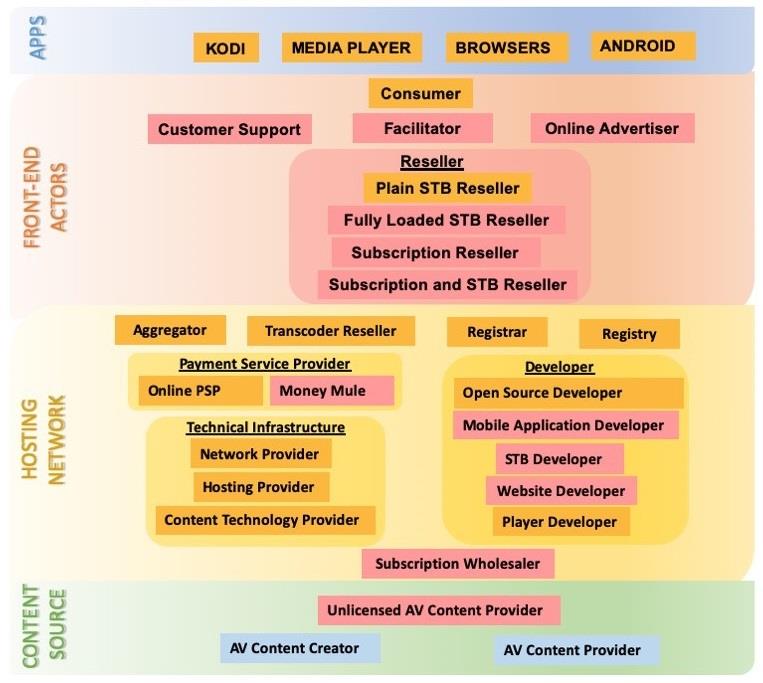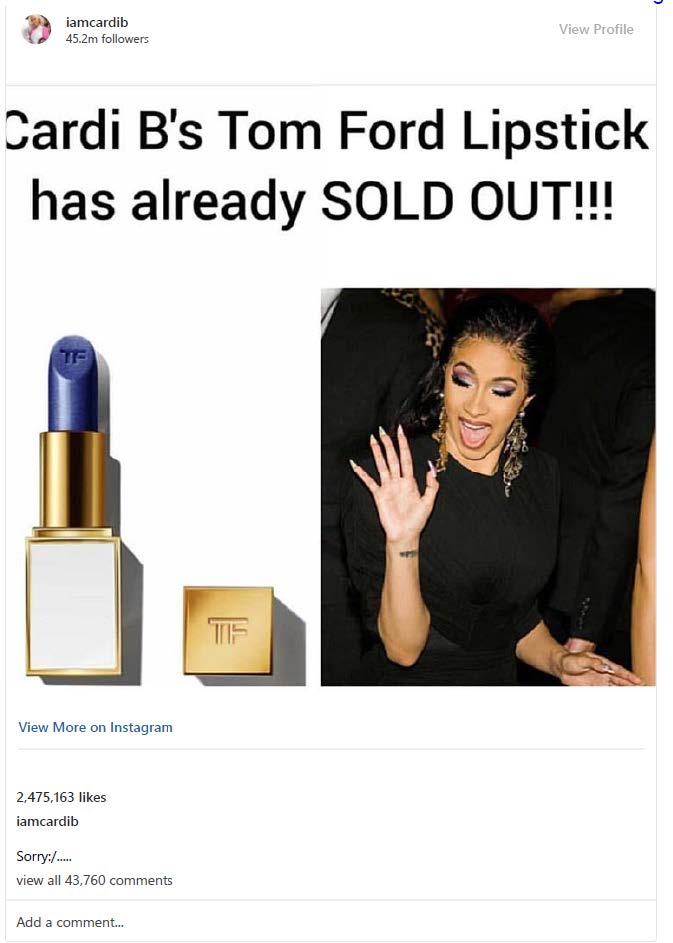First, the Office recommends that Congress clarify the distinction between “actual knowledge” and “red flag knowledge.” Court decisions interpreting the red flag knowledge provision have often required a level of specificity regarding the types of information from which infringing activity is present as to blur the line between actual and red flag knowledge and conflate the existence of either knowledge type with receipt of a takedown notice from a rightsholder.
Comments closed

